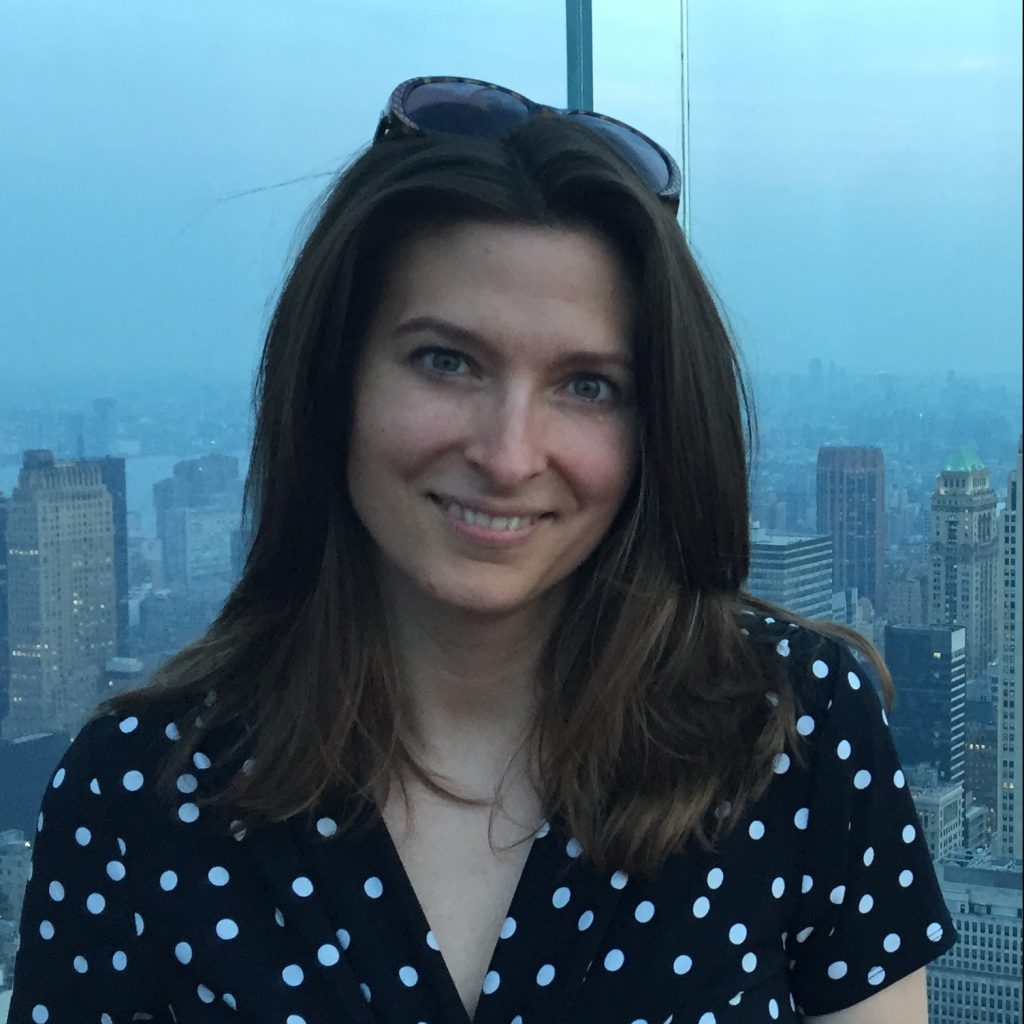First of its kind: New Munk School course brings together undergraduate students to discuss global controversies
July 18, 2022
by: Adrienne Harry

Munk School student takes notes in class
In his Emmy Award-winning documentary, When the Levees Broke: A Requiem in Four Acts, filmmaker Spike Lee examined the far-reaching impact that Hurricane Katrina had on the city of New Orleans. His interview with Garland Robinette, a local radio host, raised a good point about the damage the city sustained during and after the disaster. The storm itself wasn’t the issue — lack of sufficient funds and infrastructure is what led to the extensive damage in New Orleans. “People think we got hit by a hurricane,” said Robinette. “But we got hit by an abandonment of infrastructure.”
Alexandra Rahr, the Munk School’s new director of Undergraduate Programs and Student Experience, highlights the quote as an example of how a global issue rarely only has one impact — or solution.
“Disasters aren’t just an environmental issue; they are an issue of inequity. And as we think about climate policy, we need to think about the cultural assumptions and beliefs that inform the policy we make,” says Rahr. “We need to confront inequities that are already baked into our society and think about how disasters might exacerbate them. Climate policy isn’t just about tackling the environmental aspect of climate change.”
It is clear that thorny global issues like climate change are complex problems that require multi-pronged solutions. That’s why this winter, the Munk School is offering a course that examines global challenges through a multidisciplinary lens.
Open to all second-year undergraduate students across the Munk School’s eight undergraduate programs, Understanding Global Controversies (course code: MUN200H) brings together a team of Munk School faculty from the humanities and social sciences, to provide students with an introduction to interdisciplinary studies. The first of its kind to be offered at the Munk School, the course examines several topics based on current global controversies like inequality, democracy, migration, and conflict. “The course gives students a chance to have a cohesive experience. They can branch out a little, learn from each other, and also to learn about the incredible depth of what’s offered at the Munk School.”

Set to start in Winter 2023, the course will be convened and taught by Darius Ornston, an associate professor and expert in innovation policy. In two-week increments, faculty from each of the Munk School’s affiliate departments will teach modules on individual global controversies. For instance, Robert Austin, professor, Teaching Stream, at the Munk School’s Centre for European, Russian, and Eurasian Studies (CERES); will teach a unit on the uses and misuses of history in Hungary and Russia. “Rob is looking at how contemporary politicians misread and twist the history of their own countries in order to serve their present-day political gains,” says Rahr. “He is the perfect person to be teaching this.”
The course is part of Rahr’s vision for her new role — to create a more cohesive learning experience and help the Munk School be a place that helps undergraduates thrive and feel connected. “This course offers the chance to get to know people in other programs who are equally as dedicated. It’s exciting!”
Registration for Understanding Global Controversies (course code: MUN200H) is open, available on ROSI and listed in the U of T timetable. The course is open to any second-year Munk School student or Munk 1 graduate.

